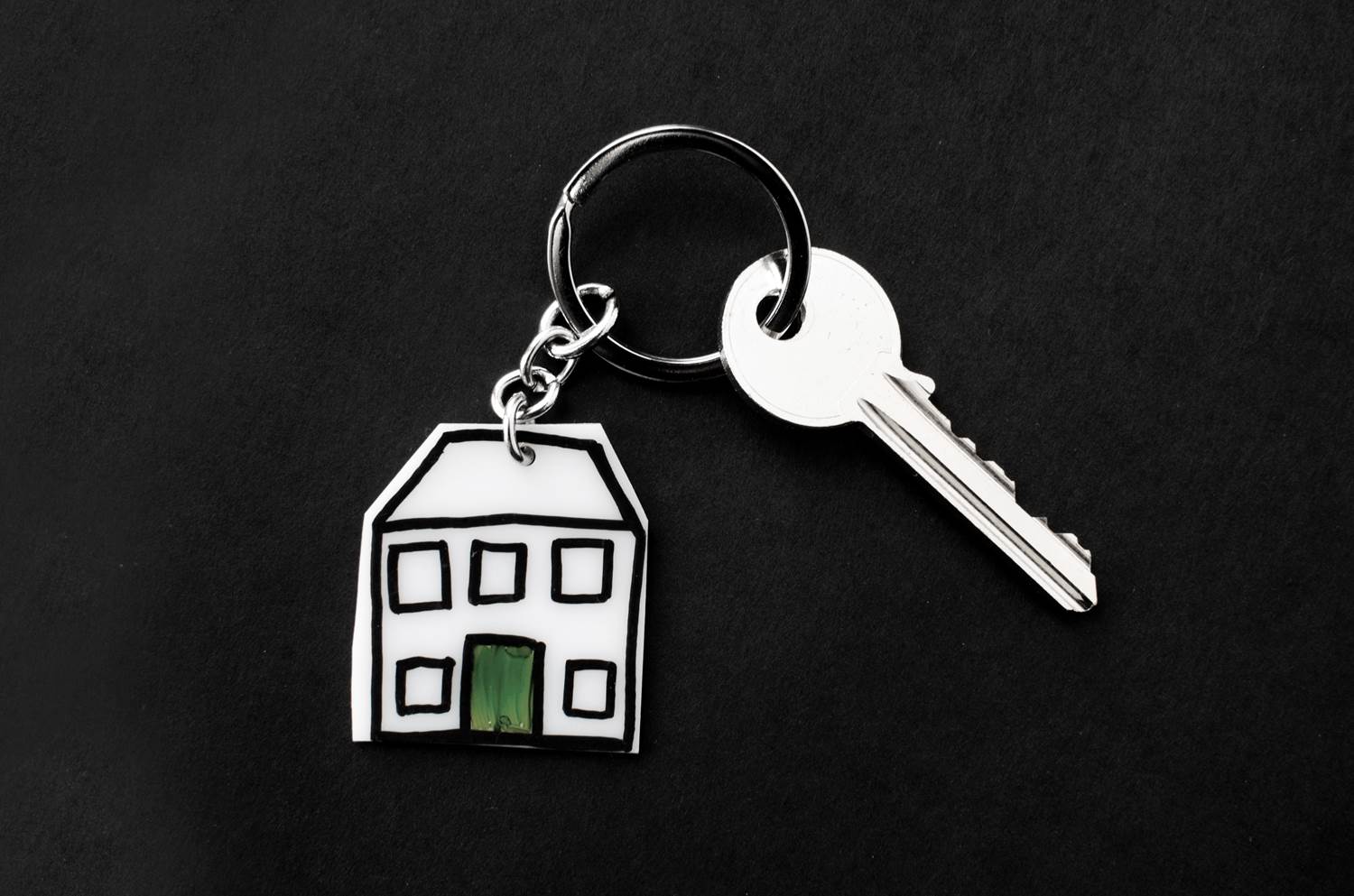
Land and Building Transaction Tax Reforms – who pays more?
Date: 08/03/2016 | Real Estate
The Scottish Government are seeking to introduce a supplementary 3% Land and Buildings Transaction Tax taking effect on 1 April 2016 over certain residential transactions, but who will be affected?
When the Scottish Government announced its draft budget for 2016/17 in December last year, it included a proposed amendment to the current Scottish Land and Buildings Transaction Tax (LBTT) regime. This proposal was to introduce an additional 3% surcharge on top of current LBTT rates to be payable on the purchase of an additional residential properties. This is not for commercial properties. The reasoning behind the proposal was to help first-time buyers get on the property ladder by discouraging buy-to-let investors.
Since their announcement, the Scottish Government has issued their draft Bill outlining the proposed amendments. Under the draft Bill, a purchaser who owns more than one residential property at completion of a purchase will have to pay a supplementary 3% in LBTT on the total consideration of the transaction (where the purchase price is over £40,000). In the event that the purchaser’s main residential home is being or is to be replaced by the additional property and that the former main residential home is then sold within 18 months, the purchaser can reclaim the additional LBTT paid on the sale of the original main dwelling.
The draft Bill has taken a “catch all” approach in relation to the definition of a purchaser who already owns a residential property. For example, where a husband or wife owns a property in their own name and then subsequently purchases a new residential property jointly with their spouse, this property will be treated as an additional property and subject to the supplementary LBTT charge. For commercial entities, any company purchasing a residential property, regardless of whether it is the company’s first residential property or not, will be automatically subject to the supplementary 3% charge.
The draft Bill notably did not contain any exemptions and this was heavily criticised by the respondents to the Scottish Government’s call for evidence on the draft Bill. The draft was, however, revised and the Bill passed through Parliament on 8 March 2016.
Following this, Revenue Scotland (the tax authority in Scotland) has published guidance on the LBTT surcharge. Under the current LBTT regime, the purchase of six or more residential dwellings in a single transaction is treated as a non-residential purchase for the purposes of calculating the LBTT payable. The Revenue Scotland guidance has clarified that such transactions will still be classed as non-residential and not subject to the supplementary charge. In his 2016 Budget, George Osborne confirmed that the UK Government’s Stamp Duty Land Tax regime (which is also introducing a tax surcharge) will not benefit from a similar relief. This is despite the UK Government having previously proposed a relief for corporate entities or funds owning more than 15 residential properties. Without such “bulk property” reliefs, it was previously argued by some that investment in residential property may be stifled, especially for redevelopment and therefore detrimental to first-time buyers’ market.
The guidance provided by Revenue Scotland raised some other points of note. Where a transaction is affected by the 3% surcharge, multiple dwellings relief (MDR) will still apply to the purchase of more than one residential property (but less than six) in a single transaction. MDR will be available on the whole LBTT liability of a transaction including the 3% surcharge.
Mixed residential/commercial transactions will be affected by the LBTT surcharge, but only in respect of the residential part. The total value of the transaction will be apportioned between the value of the residential part and that of the commercial part for the purpose of calculating LBTT.
It should also be noted that in the transitional period before 1 April 2016, the surcharge will not apply to transactions where (a) the contract was concluded on or after 28 January 2016 and the transaction completes before 1 April 2016 and (b) the contract was concluded before 28 January 2016 and the transaction completes on or after 1 April 2016.
With 1 April 2016 fast approaching, if you are unsure how or if this may affect you or your business, please do not hesitate to contact us for further information.






















































































